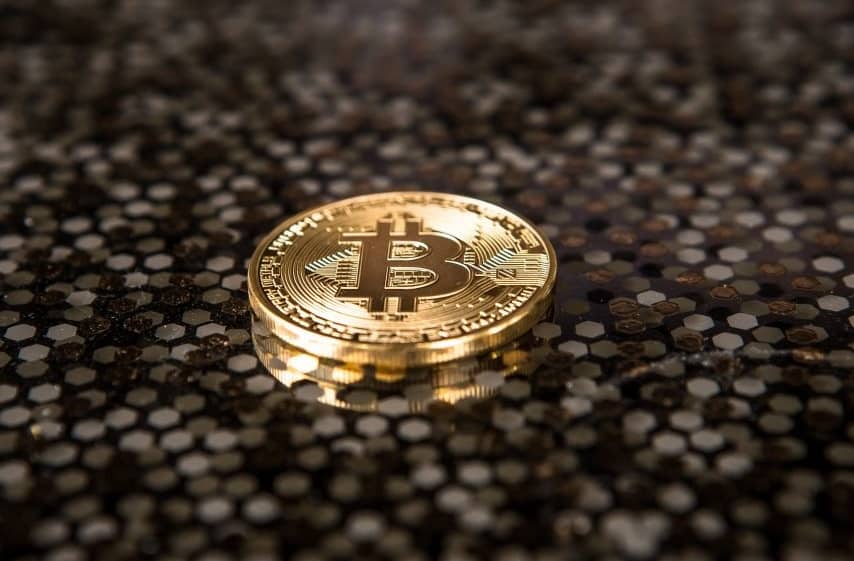on the crypto
More than once, even in the recent past, Bitcoin has been accused of being an ideal tool for money laundering. A very harsh judgment in this regard came from Davide Serra, the financier known as founder of Algebris and for his friendship with Matteo Renzi, who did not hesitate to mark the cryptocurrency attributed to Satoshi Nakamoto like a real laundry of money, the result of illegal activities.
Serra's thesis has been refuted by the proponents of digital assets, who have had a good time remembering how to own the mechanism of Blockchain ultimately constitutes a guarantee of legality, going to record every operation and leaving the possibility to those who want to verify the details. A reinforcement of this thesis arrives however now one University study which should finally place a tombstone on the issue.
Suor Orsola Benincasa University of Naples
The study in question is that produced by a researcher at the Suor Orsola Benincasa University of Naples, Gaspare Jucan Sicignano, expert in criminal law, who recently published a book with an eloquent title: "Bitcoin and recycling". Its publication deals in particular with the theme concerning the way in which sanctions can be raised in the event that a transaction sees the purchase of tokens through the use of money of illicit provenance.
His work, however, has a further aspect of interest in the now-old dispute between supporters and opponents of Bitcoin, as according to the author the very queen of virtual coins would represent a real deterrent to money laundering operations.
Sicignano's thesis
In his dissertation, Sicignano seems to espouse the BTC proponents' thesis, stating that every transaction that sees the use of the token is public, being registered in a distributed database accessible to anyone who wants to consult it. In practice, everyone can check the transaction history and check the details of the transactions.
The question that the skeptics could ask themselves at this point is of course the following: do BTC transactions fail to ensure anonymity? If the answer was positive, Sicignano's thesis would make no sense.
Anonymity can be bypassed
It is the author himself who admits that transactions are anonymous, but this would only be a false problem. In fact, the system does not exclude that the anonymous user can finally be identified, using for example techniques of digital forensic, which finally make it possible to trace those who hide behind a specific address. Once the user has been identified, there would be nothing left but to follow the famous saying of Giovanni Falcone, "Follow the money and you will find the mafia", making effective the traceability of the resources used.
Moreover, again according to Sicignano, even anonymity would be little less than an urban legend, as the recent ones anti-money laundering regulations impose on the exchanges the express identification of the actors involved in each transaction. So much to push the researcher to affirm that just a new organization of the economy founded on BTC would make life to corruption practically impossible.

